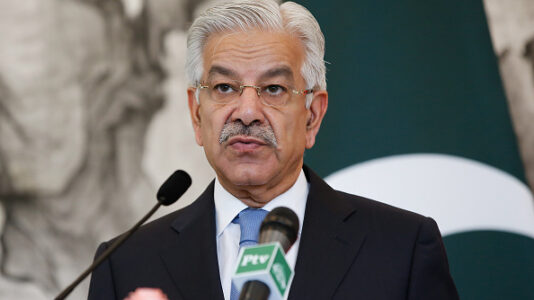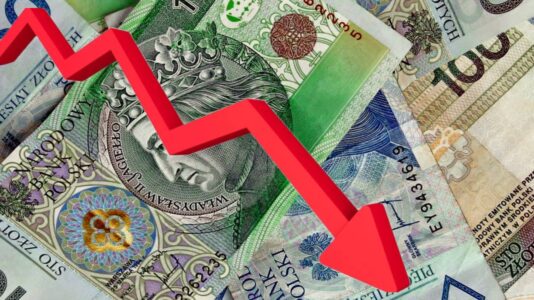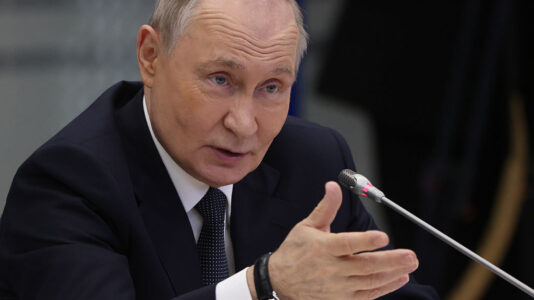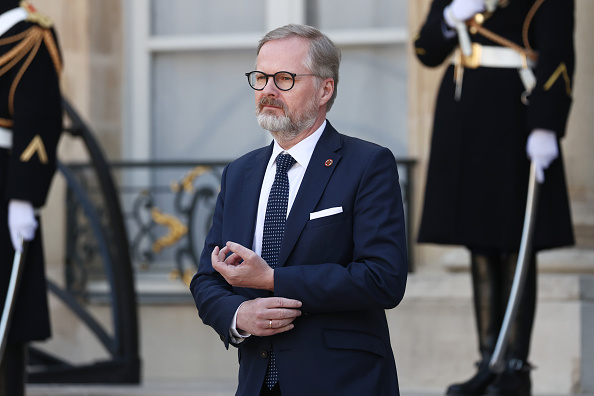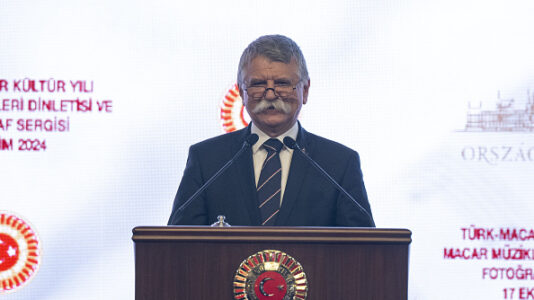Czech Prime Minister Petr Fiala has sharply criticized the sweeping new tariffs announced by U.S. President Donald Trump, describing them as “unfortunate and incorrect.”
While Fiala does not foresee an immediate, direct impact on the Czech Republic, he warned that the broader economic consequences could be significant due to the country’s reliance on export chains through Germany and other EU partners.
Taking to social media, Fiala emphasized the Czech government’s commitment to free trade and opposition to protectionism. “We did not provoke this trade war,” he wrote. “The actions of the American side harm every citizen of the Czech Republic, and we cannot pass it over in silence.”
Fiala stressed that the European Union must respond decisively, though he remained hopeful for dialogue. “Europe is ready to negotiate with the U.S., but at the same time, it is ready to respond clearly,” he stated, reiterating his belief that “the best tariffs are zero tariffs.”
The U.S. measures, which include a 20 percent tariff on goods from the EU and a 25 percent rate on car imports, have rattled governments and industries across Europe. Trump, who announced the measures on Wednesday from the Oval Office, framed the tariffs as a bid to boost American manufacturing and restore “reciprocity” in global trade.
While the full structure of the tariffs remains unclear, Czech businesses are already feeling the pressure. According to the secretary of the Czech Furniture Manufacturers Association, Tomáš Lukeš, Czech furniture exports to the U.S. rose by 40 percent in 2024 to CZK 1.8 billion (€72 million), making the U.S. the country’s sixth-largest furniture market. With many Czech products funneled through other EU nations, indirect exposure to U.S. tariffs could be extensive.
Vice President of the Czech Chamber of Commerce, Tomáš Prouza, warned that the tariffs could “reduce the profitability of industry and limit room for investment and wage growth” in the Czech economy.
Karel Havlíček, a leading opposition figure from the opposition ANO movement — widely considered to win the election later this year — acknowledged the economic risks but advised against retaliatory measures. “The direct impact on Czech households will be minimal,” he claimed, calling for a calm, measured response.
In Brussels, European Trade Commissioner Maroš Šefčovič announced that he would engage in talks with U.S. officials on Friday, stating that the EU is “ready to negotiate but will not stand idly by.” European Commission President Ursula von der Leyen echoed this sentiment, calling the tariffs “a major blow to the world economy.”
France and Germany also called for a united European response, with French government spokesperson Sophie Primas suggesting countermeasures could extend to digital services. German Economy Minister Robert Habeck emphasized that prosperity comes through tariff reduction, not escalation.
One of the hardest-hit industries is expected to be car manufacturing. Volkswagen has already announced it will reflect the new tariffs in car prices and temporarily halted certain shipments to the U.S. from Mexico and Europe.
Slovakia’s Volkswagen and Jaguar Land Rover plants, heavily reliant on U.S. exports, are expected to suffer substantial losses. Still, the head of Volkswagen’s Slovak division said production shifts to the U.S. are not currently planned.


